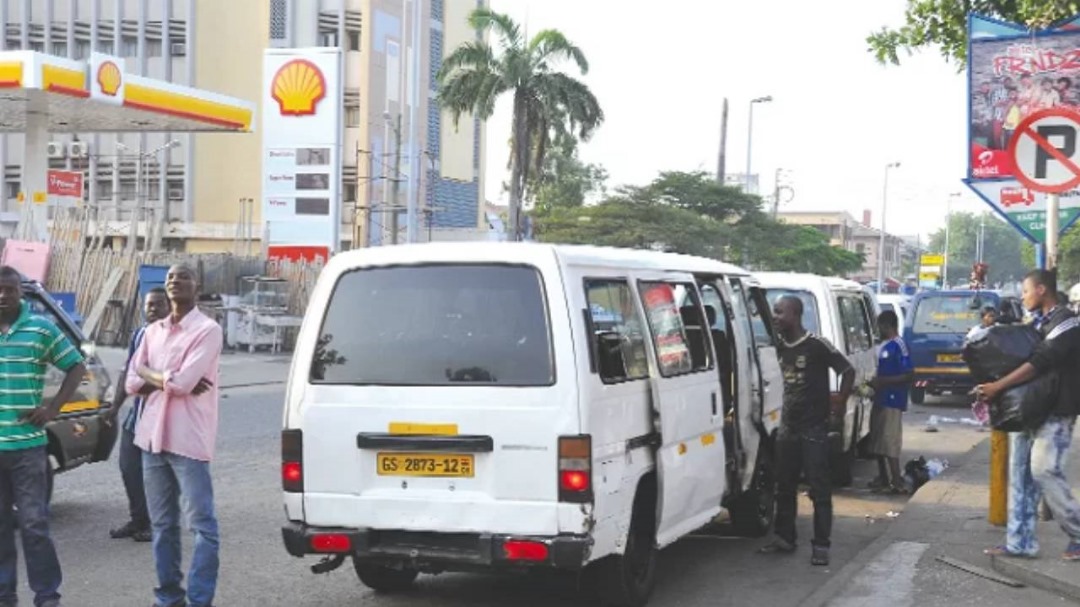Transport Fares to Drop If Fuel Reaches ¢12 per Litre – GPRTU
The Ghana Private Road Transport Union (GPRTU) has assured commuters that a reduction in transport fares will be considered if fuel prices fall to approximately ¢12 per litre.
During an interview on Joy News’ PM Express on Tuesday, March 18, Samuel Amoah, Deputy Public Relations Officer of GPRTU, outlined the factors affecting fare adjustments. He explained why transport fares have remained unchanged despite recent reductions in fuel prices.
“Before December, we were already contemplating fare increases due to high costs of spare parts, rising fuel prices, expensive lubricants, insurance, and DVLA taxes,” Amoah stated. “However, we decided to hold off because we were assured that the situation would improve.”
Although there has been a slight drop in fuel prices, Amoah emphasized that the decrease is not yet significant enough to justify lowering fares.
“We acknowledge that fuel prices have reduced slightly, but they haven’t reached a level that warrants a fare reduction,” he said.
Fare Adjustments Depend on Multiple Factors
Amoah highlighted that transport fare decisions are not solely dependent on fuel prices.
“We typically assess a 10% threshold, evaluating previous and current fuel prices while also factoring in spare parts, lubricants, and various taxes,” he explained. “Before adjusting fares, our team conducts market assessments to ensure fair pricing decisions.”
Recalling the last fare increment, he noted that fuel prices at the time were around ¢12 per litre.
“If I’m not mistaken, when we last increased transport fares, fuel prices were approximately ¢12 per litre. Currently, diesel is about ¢15.49, and petrol stands at ¢14.99,” he pointed out.
He expressed hope that fuel prices would drop to at least ¢12 per litre, stating that GPRTU would reassess the situation if that happens.
Spare Parts Prices Remain a Challenge
Despite the possibility of lower fuel prices, Amoah warned that the high cost of spare parts remains a significant hurdle to immediate fare reductions.
“Considering the current cost of spare parts, reducing fares right away would be challenging,” he cautioned.
His remarks shed light on the complexities of fare adjustments and the broader economic pressures faced by transport operators. While GPRTU remains open to fare reductions, it insists that fuel prices must hit the ¢12 per litre mark before making any final decisions.




